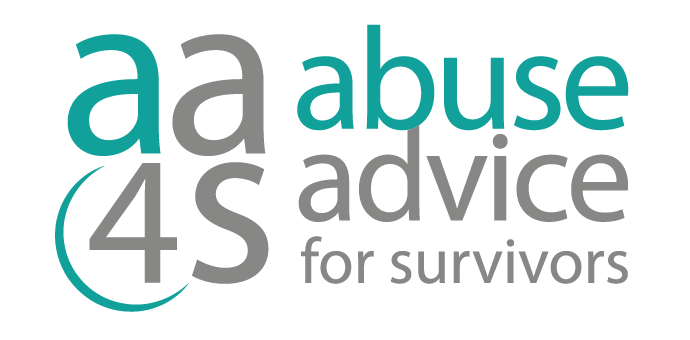WHERE DOES IT HAPPEN?
Of course, emotional abuse can occur in any context, but it is especially common when the abuser has power over his or her victim. Gaslighting is a term used to describe psychological manipulation, which occurs frequently in the setting of a marriage when one spouse belittles and destroys the other's self-esteem in order to obtain complete control over them in a brutal manner.
WHAT DOES IT INVOLVE?
Emotional abuse, often known as psychological abuse, is a form of mental abuse. Some youngsters are subjected to psychologically harmful behaviours, which can lead to a loss of confidence and self-worth.
It can include the intentional inflicting of emotional distress by threat, humiliation, insult, or other nonverbal interaction. Yet, emotional abuse can be delivered accidentally and still cause emotional injury to the child, such as informing a child that their actions were unplanned or a mistake.
Because of the abuser's violation of trust to the child, emotional abuse comprises all types of childhood abuse. A youngster who is sexually or physically mistreated, for example, is almost guaranteed to suffer psychological consequences as well.
HOW DAMAGING IS IT?
Emotional abuse can frequently be far more severe than allegedly more serious sexual abuse, owing to the effect it has on the mind, especially when it occurs over a long period of time.
Bullying in school, for example, would be considered emotional abuse because the perpetrator is a fellow child rather than an adult.
Emotional abuse can occur in family settings (or at school or in nursing homes) where there is a climate of dread, berating, humiliation, name calling, and cruel taunting. Once again, it includes one person wielding disproportionate authority and control over another, resulting in psychological suffering.
In Children's Homes, for example, it was fairly uncommon for a care provider to verbally abuse children, telling them they were worthless and unloved by their parents, and to humiliate them, which might have a more severe effect than physical or sexual abuse.
We thank NAPAC (National Association for Prevention of Abuse in Childhood) for allowing us to use this and other definitions.
"What can emotional abuse include?
- Threats
- Name calling
- Silent treatment / ignoring a child
- Public and/or private ridicule / humiliation
- Withholding love and affection
- Constant put-downs
- Frightening & intimidating a child
- Caregivers abusing drugs or alcohol
- Giving conflicting and/or inconsistent messages
- Being treated differently from siblings
- Witnessing Domestic Violence
What effects does emotional abuse have on a victim?
- Low self esteem
- Attachment Disorder
- Depression
- Anti-Authoritarian attitude and possible an anti-social personality disorder
- Paranoia
- Insecurity
- Repressed anger
- Other forms of mental disorder
What prevents a victim of emotional abuse coming forward for many years until later in life?
- A fear that they will not be believed
- Threats by the abuser
- A desire not to split up the family
- Shame or embarrassment
- They think they are to blame.
- Threats that a pet or loved one will be harmed.
- They don’t have the words to describe or explain the abuse.
- Feel powerless to stop the abuse"










